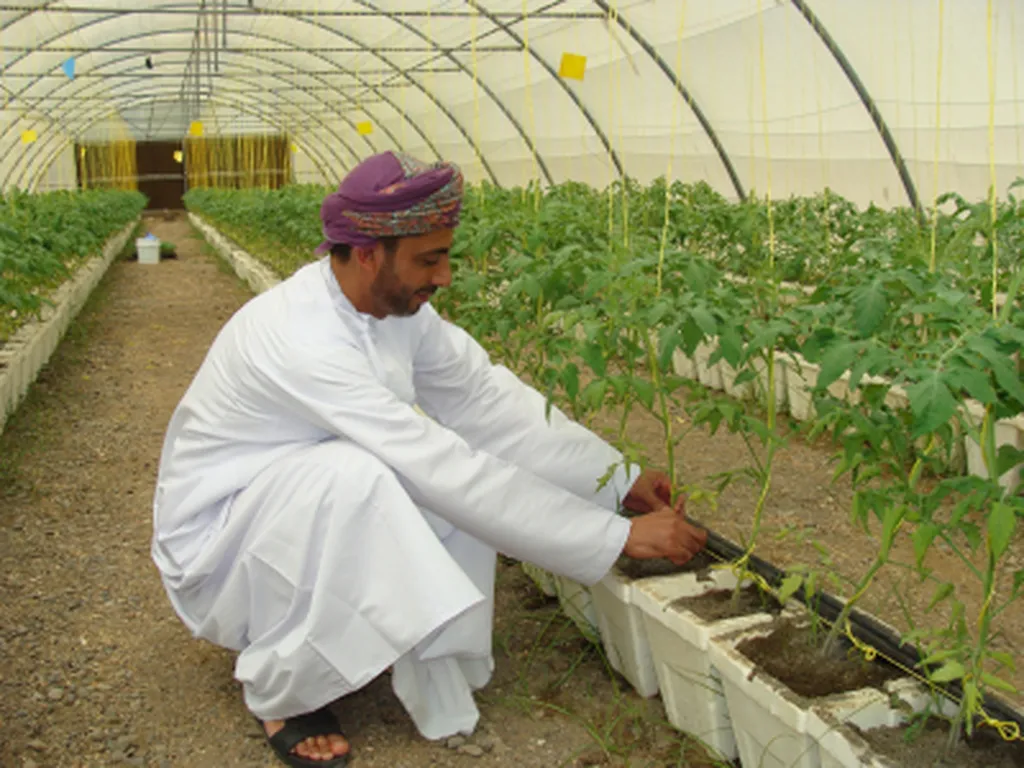In the face of climate change, farmers are grappling with increasing abiotic stresses like salinity and drought, which threaten crop yields and food security. A recent study published in *Plant Stress* offers a glimmer of hope, showcasing the potential of an underutilized legume and its symbiotic bacteria to enhance resilience in Mediterranean ecosystems.
The research, led by Adrián Sapiña-Solano from the Institute for the Conservation and Improvement of Valencian Agrodiversity (COMAV) and the Mediterranean Agroforestry Institute (IAM) at Universitat Politècnica de València, focuses on Lablab purpureus, a legume with high nutraceutical potential. The study assessed the plant’s tolerance to saline and water stress and explored the role of root nodule-associated bacteria in mitigating these stresses.
The team isolated bacteria from two Mediterranean ecosystems and selected three salt-tolerant strains to evaluate their interaction with L. purpureus. The results were promising. “The bacteria produced heterogeneous effects,” Sapiña-Solano explained, “but overall, they positively influenced root traits, which is crucial for enhancing plant resilience.”
The bacteria strains CJND1 and LN3BA promoted root length, while LN3BA also increased root surface area. LN1RA enhanced nodulation under water stress and increased the Cha/Chb ratio, a marker of plant health. These findings suggest that root nodule-associated bacteria could play a significant role in improving plant tolerance to abiotic stresses.
The study also revealed that salinity reduced biomass and led to the accumulation of Na+ and Ca2+ in roots, while water stress activated glutathione reductase, an antioxidant enzyme. These insights could help farmers develop strategies to mitigate the impacts of abiotic stresses on crops.
The commercial implications of this research are substantial. As climate change intensifies, the demand for stress-tolerant crops and beneficial microorganisms is expected to rise. L. purpureus, with its high nutraceutical potential and resilience to mild salt stress, could become a valuable crop in Mediterranean agriculture. Moreover, the identification of beneficial bacteria strains opens up new avenues for developing biofertilizers and biostimulants, reducing reliance on agrochemicals and promoting sustainable agriculture.
This research not only highlights the potential of L. purpureus and its symbiotic bacteria but also underscores the importance of exploring underutilized crops and beneficial microorganisms in the face of climate change. As Sapiña-Solano noted, “Our results suggest that L. purpureus is a promising crop for mild salt stress in the Mediterranean and reveal the heterogeneity of the plant and root nodule bacteria interactions, highlighting their agronomic potential.”
In the quest for sustainable agriculture, this study offers a promising path forward, one that harnesses the power of nature to enhance resilience and productivity in the face of climate change.

